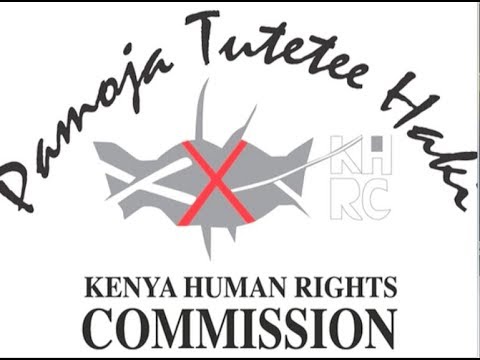EVICTIONS and DISPLACEMENTS: INCIDENTS, IMPACTS and REDRESS ASSESSMENT (IIRA) TOOL
IIRATOOL The conceptual structure of the tool is composed of three entities and their elements, and relationships among the entities. They are termed as: Incidents, Impacts and Redress. The proposition is Incidents of involuntary evictions and involuntary displacements of community of inhabitants from their settlements, cause heterogenous Impacts that human dignity, as they involve human rights deprivation of well-being, wealth and habitat and of the evictees and displacees. The Impacts justify Redress of the wrongdoings, which may deter repetition of. Incidents.




